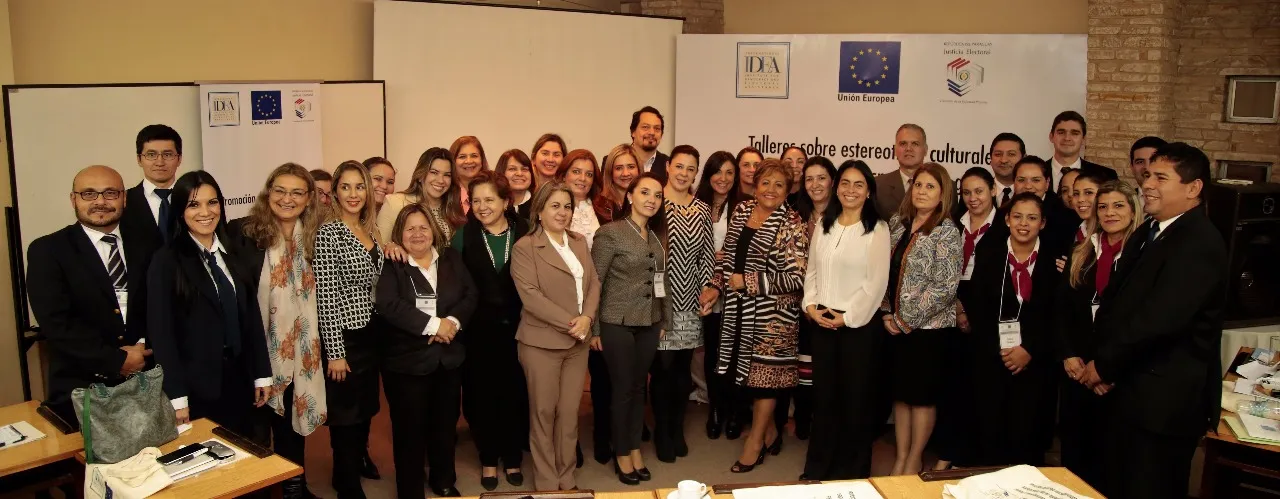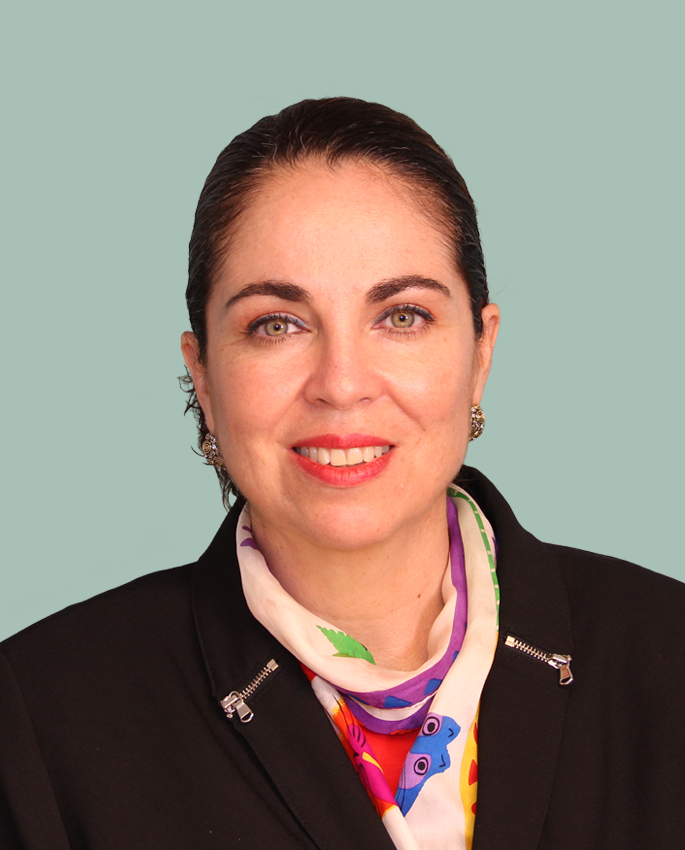
International IDEA's Latin America and Caribbean programme responds to requests from actors in Paraguay to build capacity through technical assistance, comparative applied knowledge resources and by providing a space for dialogue.
In May 2017 International IDEA and the Superior Electoral Tribunal of Paraguay (TSJE) organized two workshops on cultural gender stereotypes and leadership. The workshops were inaugurated by the President of the TSJE, Justice Jaime Bestard, and presided by TSJE Member, Justice Maria Elena Wapenka, who expressed their institutional commitment to gender equality in the electoral cycle and spoke about the importance of an inclusive electoral process. In particular, they discussed their interest in fostering the participation of women as voters and candidates in the general elections in April 2018.
During these workshops, Justice Wapenka announced the creation of the Gender Unit at the TSJE, following a decision that was made in 2009. Cynthia Figueredo, former Director of the Political Participation Unit at the TSJE, was appointed Director of the new Gender Unit and International IDEA will be providing technical support its creation.
The first of the workshops held in May focused on cultural gender stereotypes and leadership, aimed at developing the capacities of 57 participants (48 women and 9 men), mostly consisting of TSJE electoral officials, directors and unit coordinators, as well as political parties and civil society organizations. International IDEA’s Head of Programme in Paraguay, Lourdes González-Prieto, spoke about international principles and obligations on gender equality and political participation, with further discussions focusing on gender stereotypes and their impact on the political and electoral participation of women. The workshop concluded with International IDEA presenting its work on gender and democracy. As a result, participants were sensitized on the importance of ensuring a gendered approach in the work of the Electoral Tribunal and feasible strategies to ultimately improve conditions of equal access to the electoral process were discussed.
The second workshop was aimed at sensitizing 21 journalists, opinion leaders, and heads of communications departments of public institutions (17 women and 4 men) on the impact of gender stereotypes in the media political coverage. Participants learned to identify and remediate gender biases in their work, and upon their request International IDEA and the TSJE will continue to work in the same direction to organise similar workshops throughout the country in the next few months.




